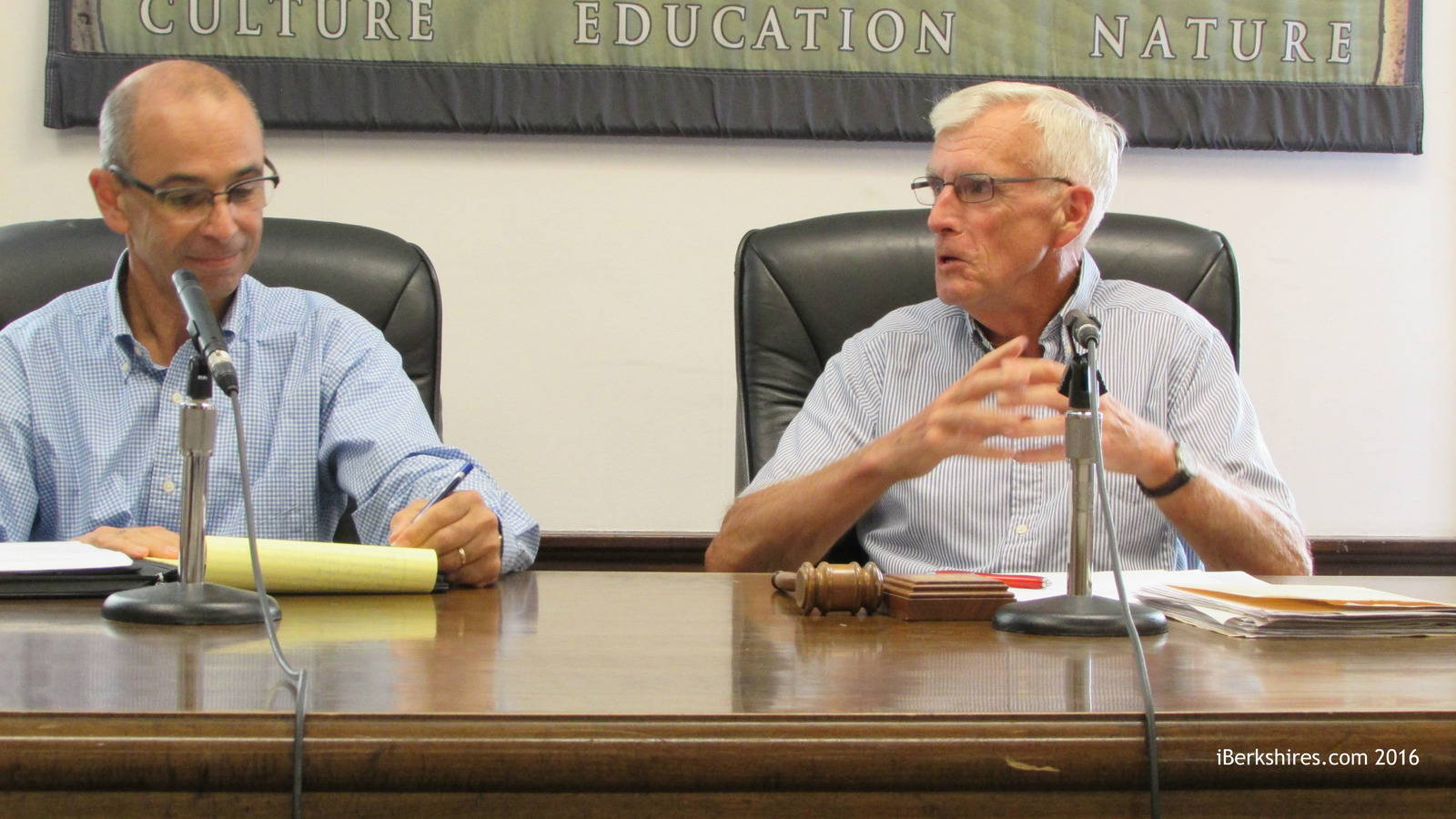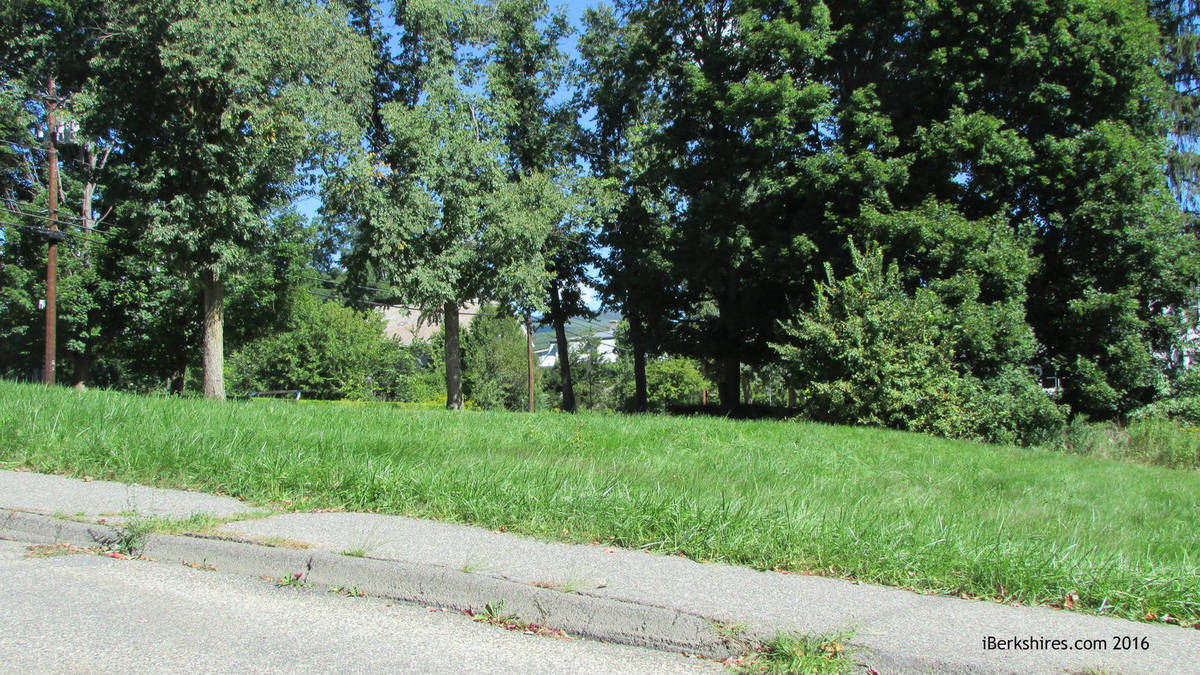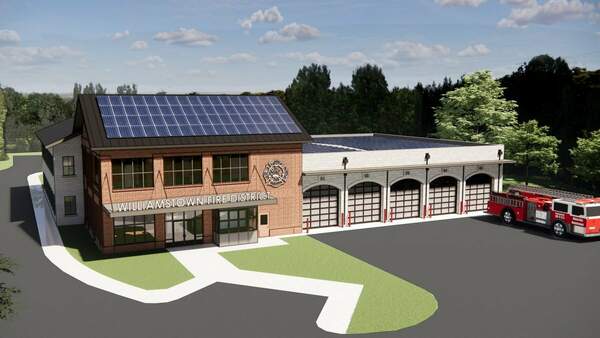

Williamstown Housing Trust Looking at Options for Residential Lots
WILLIAMSTOWN, Mass. — The board of the town's Affordable Housing Trust last week discussed its options for developing a pair of residential building lots it acquired in spring 2015.
The trust purchased the properties on Summer Street and Cole Avenue with the intention of developing each into owner-occupied subsidized housing.
At the time, the trustees consulted with the local chapter of Habitat for Humanity, which the board saw as a likely partner in the development. But the town was told it could be a while before the non-profit could work the projects into its building schedule.
On Wednesday, Chairman Thomas Sheldon told his colleagues that dialogue with Habitat for Humanity continues.
"We have that conversation periodically," Sheldon said. "We're at the whim of events beyond our control in other communities.
"Based on signals [Northern Berkshire Habitat's Paul Austin] sent in the spring, we weren't optimistic about the 2016 building year. But I'll reiterate the invitation for him to join us."
The Trust is going to have to at some point decide how it wants to convey the properties to developers, Sheldon said.
"It seems we have two basic options," he said. "One is deeding the land to a developer. … We deed it over, they build on it and, from then on, there's a deed restriction. The other option is some sort of community land trust."
"The only thing that's different really is who is in control of the land — the trust, some other entity or the developer."
The trustees agreed that they need more information before making such a decision, including the extent to which Habitat for Humanity may prefer one option over the other. But the panel did start to discuss the pros and cons.
Stanley Parese, the attorney of the group, noted that a deed transfer would be more conventional.
"But community trust models, while not typical, are not exotic if we wanted to go in that direction," Parese said.
He said he would want to look at model trust documents and see what level of complexity would be involved in the town maintaining control of the land after a home or homes were built on it.
"We're not set up to be a housing authority," Parese said.
Trustee Ann O'Connor said she thought the creation of a land trust would make a stronger statement about the town's commitment to affordable housing. Trustee Van Ellet implied that the town might be able to have more say in the type of housing that is constructed under one model or the other.
"The term 'affordable housing' has connotations," said Ellet, who also chairs the town's Affordable Housing Committee. "Whatever's developed … I'd like it to be a showpiece. I'd like it to be a housing option that's a very positive image for affordable housing.
"It would be my wish that no matter what direction we go that we would be involved in helping to shape what that particular development would look like and what it would be like … so it could be a demonstrated success that we could put affordable housing anywhere in town and it would be an asset to the neighborhood."
Ellet agreed to bring some more information about land trusts to the October meeting, to which Sheldon agreed to invite Habitat for Humanity's Austin.
In other business last week, the trustees discussed the possibility of an outside source to supplement what, to date, has been its sole source of income, town funds generated from the Community Preservation Act property tax surcharge.
Sheldon told the group that the trust is being considered for a grant from an outside entity that could potentially support a new initiative: rental assistance.
"The point has been made, fairly compellingly, by one person who talked with folks who had to leave their housing in Williamstown because of the rent requirements, and maybe it's because they had to pony up more money than last month's rent," Sheldon said. "It's forced some, typically young, people out of housing. And it was presented to me as not a unique situation. It's more prevalent than we may be privy to."
The Affordable Housing Trust's current initiative, a mortgage assistance program named posthumously for Trustee Richard DeMayo, has seen a slight dip in applicants after a successful rollout last year.
"In the spring, I was hearing from [local lending institutions], and there were hopeful signs, and then I didn't hear from them," Sheldon said.
The trustees agreed to continue their outreach with local real estate agents and banks to get the word out to potential homebuyers.
Tags: affordable housing, affordable housing trust, habitat for humanity,

 WILLIAMSTOWN, Mass. — The Prudential Committee on Wednesday signed off on more than $1 million in cost cutting measures for the planned Main Street fire station.
WILLIAMSTOWN, Mass. — The Prudential Committee on Wednesday signed off on more than $1 million in cost cutting measures for the planned Main Street fire station.













